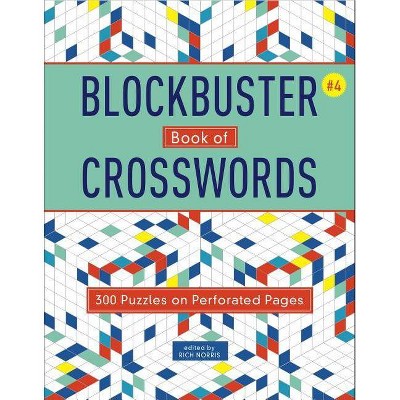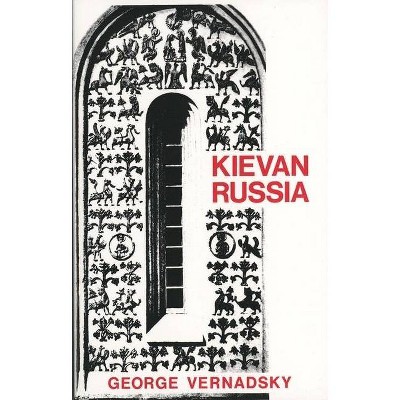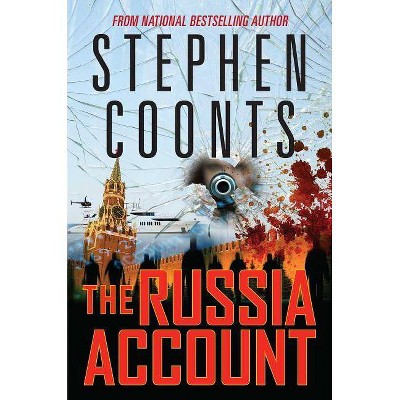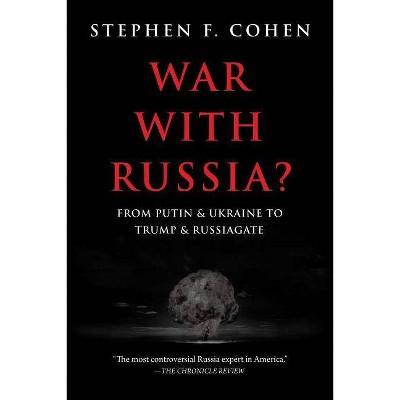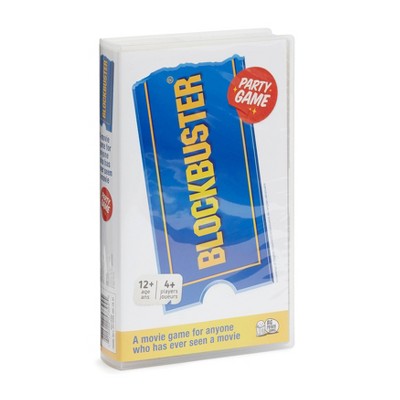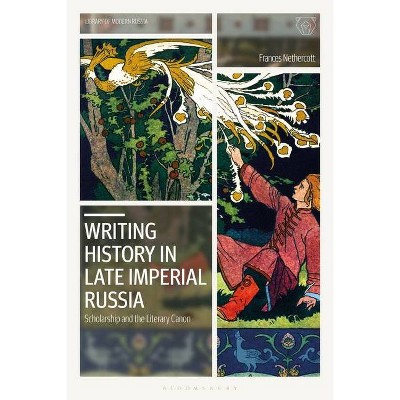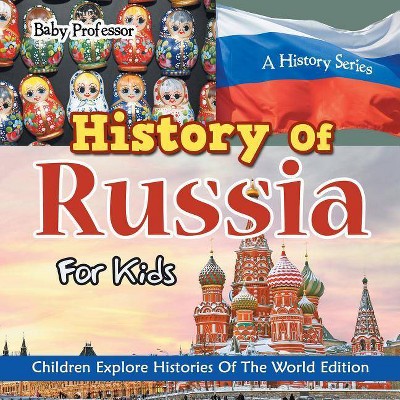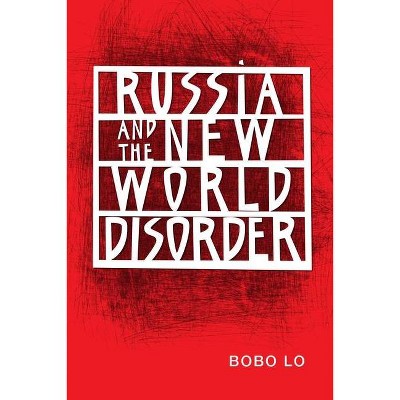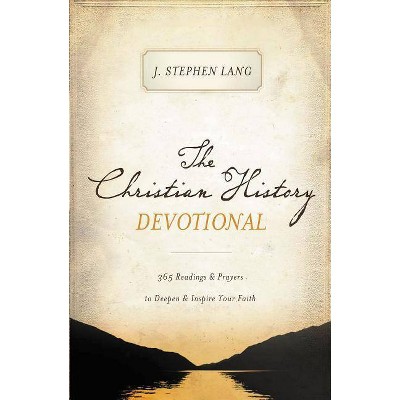Blockbuster History in the New Russia - by Stephen M Norris (Paperback)
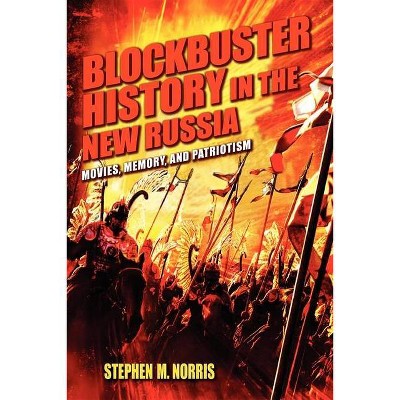
Similar Products
Products of same category from the store
AllProduct info
<p/><br></br><p><b> About the Book </b></p></br></br>Norris examines the connections among cinema, politics, economics, history, and patriotism in the creation of "blockbuster history"--the adaptation of an American cinematic style to Russian historical epics.<p/><br></br><p><b> Book Synopsis </b></p></br></br><p>Seeking to rebuild the Russian film industry after its post-Soviet collapse, directors and producers sparked a revival of nationalist and patriotic sentiment by applying Hollywood techniques to themes drawn from Russian history. Unsettled by the government's move toward market capitalism, Russians embraced these historical blockbusters, packing the American-style multiplexes that sprouted across the country. Stephen M. Norris examines the connections among cinema, politics, economics, history, and patriotism in the creation of blockbuster history--the adaptation of an American cinematic style to Russian historical epics. </p><p/><br></br><p><b> Review Quotes </b></p></br></br><br><p>[Norris] offers a compact and legible inventory of the [historic cinematic] experiment . . . .Jan. 2014</p>-- "H-Soz-u-Kult"<br><br><p>Blockbuster History in the New Russia . . . should be on the reading list of every student of contemporary Russian culture. . . . The book is a pleasure to read. Norris is an excellent storyteller who appropriately and elegantly introduces thousands of details into his narrative to keep the reader interested.</p>-- "Slavic and East European Journal"<br><br><p>Blockbuster History is not merely a study of the appropriation of a Hollywood genre by Russian cinema, but also, and more importantly, an analysis of modern Russia's political conflicts, protest movements, memory and national identity as seen through the prism of film.</p>-- "Times Literary Supplement TLS"<br><br><p>Norris, as a historian, conducts a thorough research study using primary and secondary sources. . . . He assembles a huge amount of materials and organizes them in a logical way, following several tracks but never losing sight of the main argument. For all its complexity, the book is an easy read thanks to its light prose, spiced with humor and subtle irony.</p>-- "Slavic Review"<br><br><p>Norris's writing style has a breeziness that makes all of this material go down easily. Nevertheless, his work is based on impressive and thoroughly cited research.</p>-- "Film & History"<br><br><p>Stephen Norris has produced a valuable book based on extensive research.</p>-- "History: Reviews of New Books"<br><br><p>Stephen Norris's book provides an excellent survey of an important trend in Russian cinema in the last fifteen years: the blockbuster.</p>-- "The Russian Review"<br><br><p>The book stands out among the growing film scholarship on the period by virtue of the fact that its author is an historian, which allows him to contextualize particularly well the films he analyses, and also for its valuable attention to the recent development of Russian cinema as an industry, and how that development has influenced the trajectory of Russian cinema as an art form. . . . Overall, Blockbuster History should be of great interest and value to students and scholars not only of Russian cinema, but of the cultural politics of twenty-first century Russia more generally.</p>-- "Slavonica"<br><p/><br></br><p><b> About the Author </b></p></br></br><p>Stephen M. Norris is Professor of History at Miami University of Ohio. He is author of <i>A War of Images: Russian Popular Prints, Wartime Culture</i>, <i> and National Identity</i> and editor (with Willard Sunderland) of <i>Russia's People of Empire: Life Stories from Eurasia, 1500 to the Present</i> (IUP, 2012).
Price History
Cheapest price in the interval: 35 on November 8, 2021
Most expensive price in the interval: 35 on December 20, 2021
Price Archive shows prices from various stores, lets you see history and find the cheapest. There is no actual sale on the website. For all support, inquiry and suggestion messages communication@pricearchive.us
